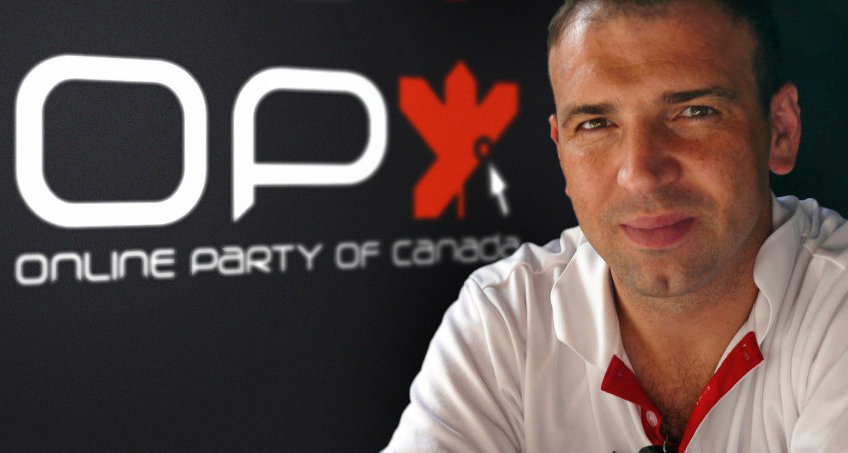Online politics


Michael Nicula wants a change in Canadian politics, and he believes his political party can deliver it.
“It’s not just a totally new political party, it’s a new concept that brings more direct interaction between voters and government,” explained Nicula, the leader of the Online Political Party of Canada. “[And] it’s continuous, not just once every four years.”
Nicula explained that his party is a mixture of direct democracy and representative democracy, something he calls , “participatory democracy”. According to him, when a leader or governmental official sets up a new law, an online system will create a voting process that will determine whether or not the people agree with that official.
If they don’t, then the official faces expulsion or must be forced to act with the stance the people have chosen.
“Regardless of their own personal beliefs, they would have to act according to the will of the majority. There’s no such thing in Canada politics [at the moment].” he added.
Nicula also, one day, hopes to see the whole electoral process to be shifted online. “Our vision is that one day, in the not too distance future, people are going to vote online,” he explained. “This is basically something that we really want.”
The majority of the criticism and challenges that Nicula has seen so far with his party is that there are still concerns about the stability of an online voting system, especially when the Internet is becoming increasingly difficult to monitor.
“We realize that up to a certain point there’s still an argument that online voting is not safe at this point, which I don’t personally agree with,” he added.
While those concerns still exist, he said that new legislation and laws have to adapt to the changing nature of technology and its interaction with the average citizen.
“The laws have to adjust to the new reality,” Nicula said.
Currently, the Online Political Party has approximately 3,000 members and has candidates in upcoming federal byelections in Calgary and Durham, Ont.. Although more people do use technology today, Nicula doesn’t believe that it’ll get more people to vote.
“I think people who want to vote, they are going vote no matter what system you put in place,” he explained, noting that he thinks students who are already tech-savvy will be attracted to this system. According to Nicula, getting a system that effectively keeps the government in check is his main priority.
“So when the government that goes crazy, you need a mechanism to reign in, to pull them out and to control them.” he concluded.

